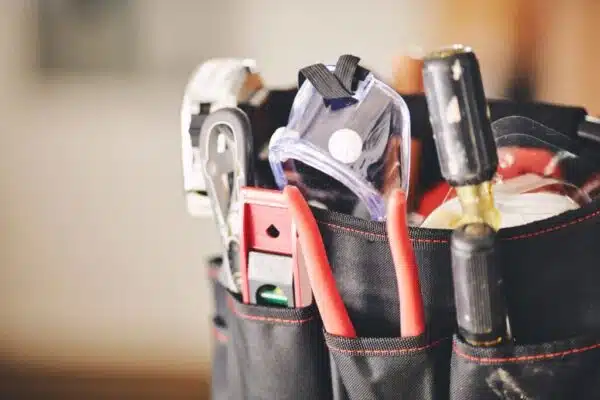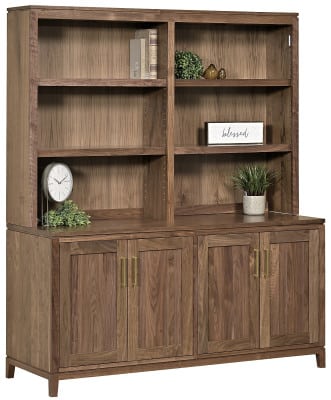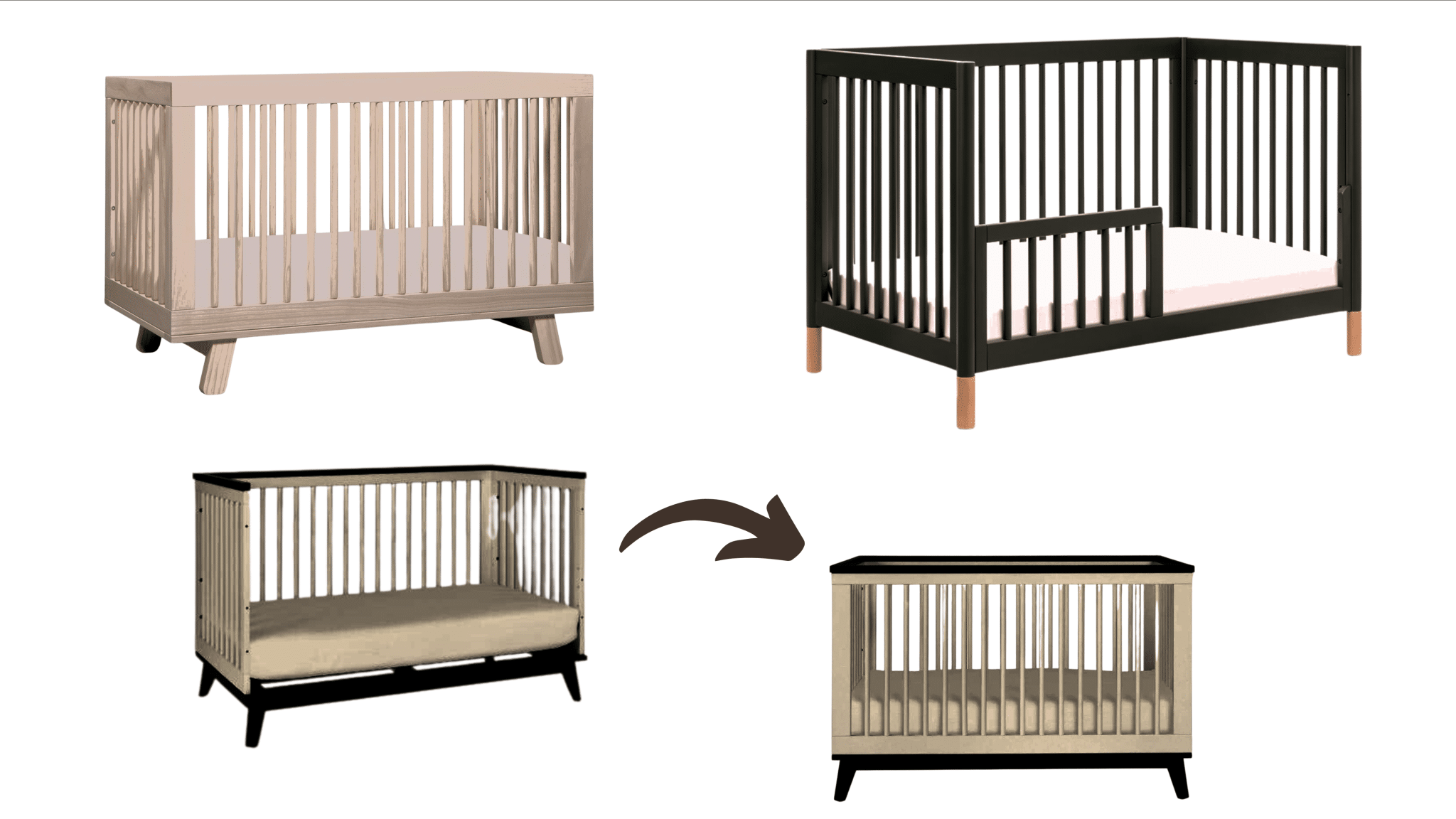How to Choose the Right Work Tool Bag
A well-organized tool bag can make a world of difference in your work efficiency, whether you’re a professional tradesperson or a DIY enthusiast. With the right tool bag, you’ll have easy access to your tools, stay organized, and protect your equipment from damage.
However, with so many options available, it can be challenging to find the right one for your specific needs. This guide will walk you through the key considerations when selecting the perfect work tool bag.
1. Consider the Type of Work You Do
The first step in choosing the right tool bag in RYOBI New Zealand is to assess your work environment and the type of tasks you regularly perform. Different trades and jobs require varying tools and accessories, so the bag you choose should accommodate your specific needs.
- Electricians: Electricians typically carry smaller tools like pliers, screwdrivers, voltage testers, and wire cutters. They may prefer tool bags with numerous small compartments for easy access to these tools.
- Carpenters: Carpenters require larger spaces for tools such as hammers, saws, levels, and drills. A tool bag with larger compartments or a tool tote may be more suitable for them.
- Plumbers: Plumbers may need a tool bag that’s waterproof or resistant to moisture, as well as one that can handle wrenches, pipe cutters, and other plumbing-specific tools.
By considering the nature of your work, you’ll be better equipped to choose a tool bag that matches your daily needs.
2. Assess the Size and Capacity
When selecting a tool bag, size is an essential factor. If you carry a lot of tools, you’ll need a bag with enough capacity to hold all of them without becoming too heavy or difficult to transport. Conversely, if you only carry a few essential tools, a smaller, more portable option might be better.
a. Small to Medium Tool Bags
For those who don’t carry a wide variety of tools or for professionals who need to be mobile, a small to medium-sized tool bag might be ideal. These bags are lightweight and easy to carry, while still offering enough room for essential tools.
- Ideal For: Electricians, maintenance workers, or DIYers with limited tools.
b. Large Tool Bags
If your job requires a variety of tools, power tools, or bulky items, you may want to consider a larger tool bag. These bags can often accommodate bigger tools, and some even come with wheels or handles for easier transportation.
- Ideal For: Carpenters, contractors, or anyone working on large-scale projects.
3. Choose the Right Material
The material of your tool bag affects its durability, weight, and resistance to wear and tear. Choosing the right material is crucial, especially if you work in rugged or outdoor environments.
a. Canvas
Canvas tool bags are popular for their durability and flexibility. Heavy-duty canvas is resistant to tears and abrasions, making it ideal for tough job sites. Canvas bags are also typically lighter than leather or nylon options, which makes them easier to carry.
- Pros: Durable, lightweight, flexible.
- Cons: May not offer as much water resistance.
b. Nylon
Nylon tool bags are known for their water-resistant properties and durability. These bags are often reinforced with a hard bottom to protect your tools from moisture and rough surfaces.
- Pros: Water-resistant, durable, often lighter than leather.
- Cons: May not be as long-lasting as canvas or leather under extreme wear.
c. Leather
Leather tool bags are the most durable and rugged but can be heavy and expensive. They offer excellent protection for tools and tend to last for years, making them a solid investment for professionals who need long-term durability.
- Pros: Extremely durable, resistant to wear and tear.
- Cons: Heavy, more expensive than other materials.
4. Look for Organizational Features
A good tool bag should keep your tools organized and easily accessible. The number of pockets, compartments, and loops will determine how well you can arrange your tools. Look for a tool bag that offers the right balance between organization and space.
a. Pockets and Compartments
Consider how many pockets and compartments the tool bag offers. For jobs requiring smaller tools and accessories, multiple compartments are helpful for keeping everything in order. Tool bags with varying pocket sizes are particularly useful for separating hand tools, screws, and other small items.
- For Small Tools: Multiple small compartments will help you organize and access items like screwdrivers, pliers, and wrenches.
- For Larger Tools: Larger pockets or a spacious main compartment are necessary for power tools, hammers, and drills.
b. Tool Loops and Holders
Many tool bags come with loops or holders that keep specific tools in place. For example, some bags have hammer loops or tape measure holders, which are convenient for quick access.
c. Zippers and Closures
Look for tool bags with high-quality zippers and closures. A secure closure ensures that your tools won’t fall out when the bag is transported. Some bags feature metal zippers, Velcro, or buckle closures for added security.
5. Portability and Comfort
If you frequently move from one job site to another or carry your tool bag for long periods, portability and comfort are essential. Consider whether the bag has padded handles, a shoulder strap, or even wheels.
a. Shoulder Straps
A padded, adjustable shoulder strap can make carrying a heavy tool bag much more comfortable. This is particularly useful for professionals who need both hands free while moving around a job site.
b. Wheeled Tool Bags
For those who carry heavy tools over long distances, a wheeled tool bag might be a better option. These bags allow you to roll your tools across job sites rather than carrying them, reducing strain on your back and shoulders.
6. Budget Considerations
While it’s tempting to go for the cheapest option, investing in a high-quality tool bag is usually worth it. A well-made tool bag will last longer and better protect your tools. That said, be mindful of your budget and prioritize durability and functionality over unnecessary features.
Choose the Right Work Tool Bag
Choosing the right work tool bag involves understanding your specific work requirements, the size and type of tools you carry, and the environment you work in. By considering factors like material, organization, size, and comfort, you can find a tool bag that meets your needs and improves your efficiency on the job.
Whether you’re a professional tradesperson or a DIY enthusiast, investing in the right tool bag will ensure your tools are well-protected and easily accessible, allowing you to focus on the task at hand.







